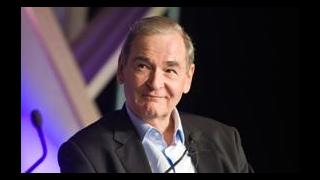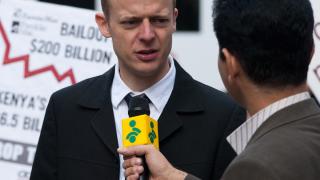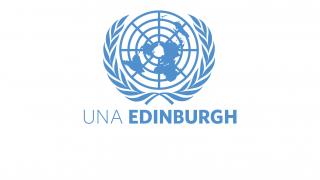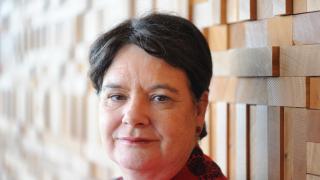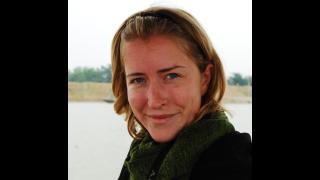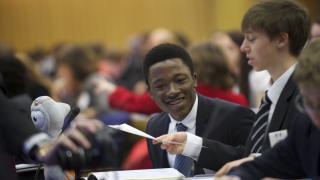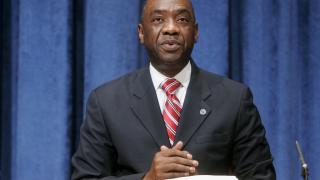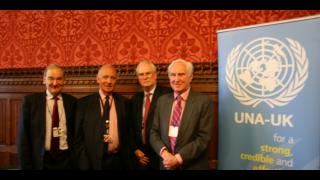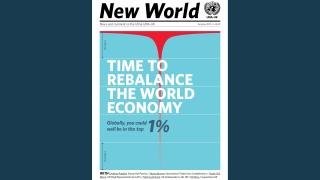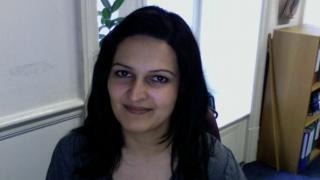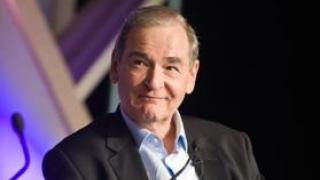
This edition of New World coincides with the run-up to the London Olympics and, on a less grand scale, with the intensifying preparations for UNA-UK’s UN Forum on 14 July. Both are concerned, at their different levels, with promoting and celebrating the collective spirit, without which it will be impossible to make a free world run in an ordered way.
This issue’s articles – on global unemployment, economic governance, finance for development and sustainable growth – are concerned with the problem of effective cooperation across borders when there are so many things – not least the economic downturn – driving in the other direction.
The world is becoming more competitive and selfish, even as freedom of choice and opportunity expand. Eliminating poverty, prioritising human rights and preventing conflict would be so much easier if the institutions created to deliver order and structure at the macro level – nationally and internationally – were humming with efficiency. However, most of the familiar ones, including national governments, are struggling to meet these challenges. The time has come to realise that we need to invest in reinvigorating them.
The biggest conclusion to draw from the events of the past 18 months is that the popular voice has overtaken the authority of governments as the driver of trends and the creator of new facts. This is a tribute to the spread of freedom, but it brings with it a problem of organisation.
The Arab Spring – an early manifestation of what is surely a global phenomenon – is illustrating this quite clearly. Somewhere, there has to be a repository of common interest – and incentives to promote and defend it – or we are heading for a jungle.
The United Nations, in exercising its political and intergovernmental functions, is vulnerable to the same polarising pressures as other institutions when responding to a more open world. The Security Council too often gets blocked on the sharper issues. However, the organisation is also able to stand above politics and connect with grassroots trends in one surprisingly powerful way: it ordains and expresses principles of justice and fairness that resonate more broadly than any other value system.
Governments and individuals alike can be called to account in a very public and constraining manner if they transgress the bounds of legitimacy. Charles Taylor, Liberia’s ruthless ex-president, is heading for prison sooner than Syria’s Bashar al- Assad, but both have come up against the limits to which they can take injustice and the abuse of human rights.
Generally recognised and accepted as a source of legitimacy, the UN can play a significant role in this difficult new international environment. And that provides the context – or at least an important part of it – for the more detailed avenues of collective action that are described in these pages.
Keeping this trend going needs support from around the world, including from individuals, if the right balance between freedom and order is to be established. We all have to contribute to that – in our choices, in our compromises and in the respect and support we show for our indispensable institutions.
Come to the Forum to discuss these issues and enjoy the Games, but, most important, continue to play your part when both are over.


